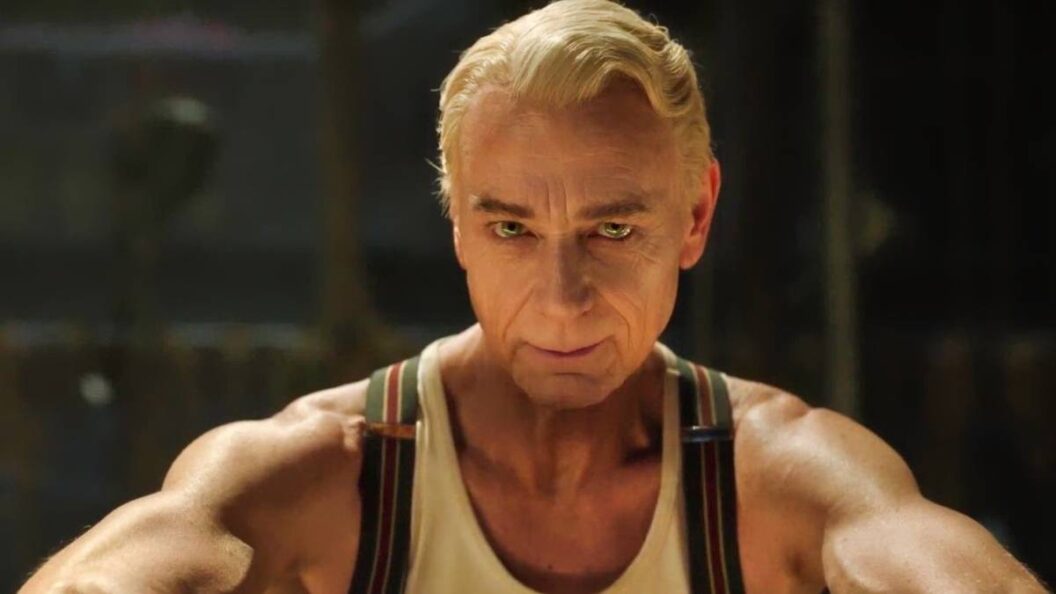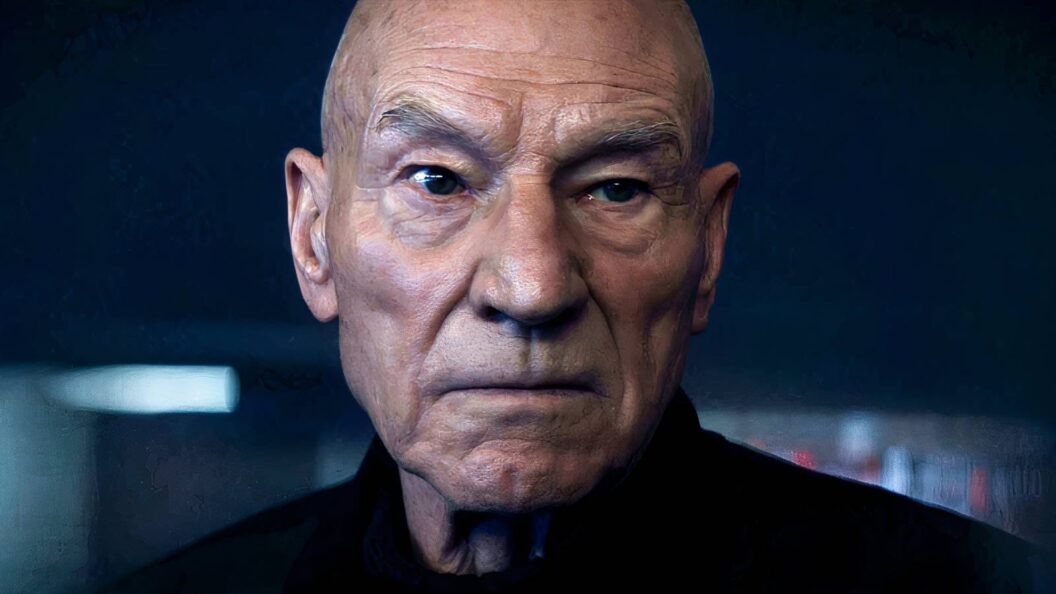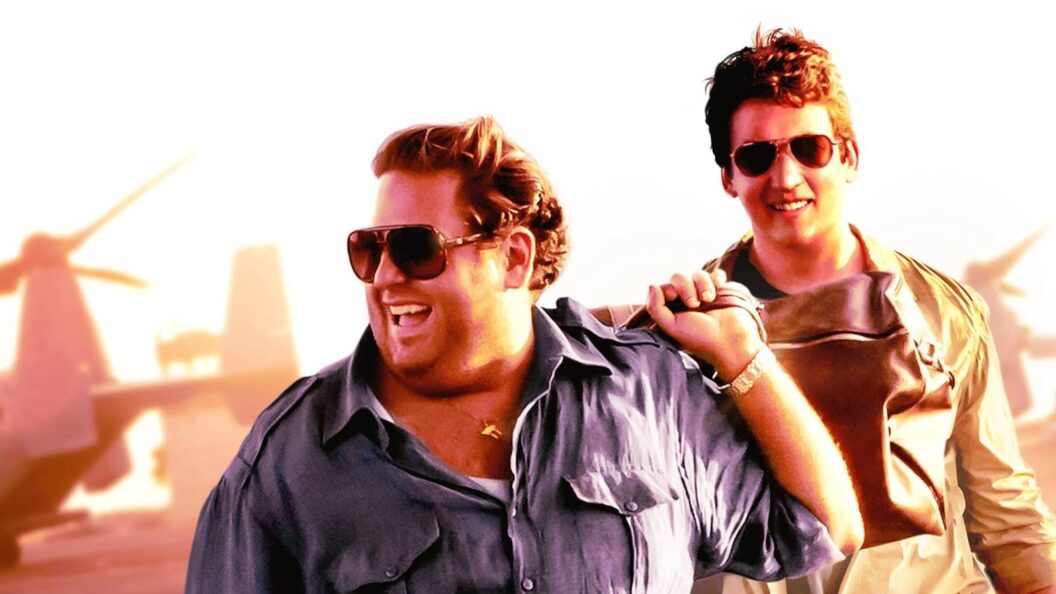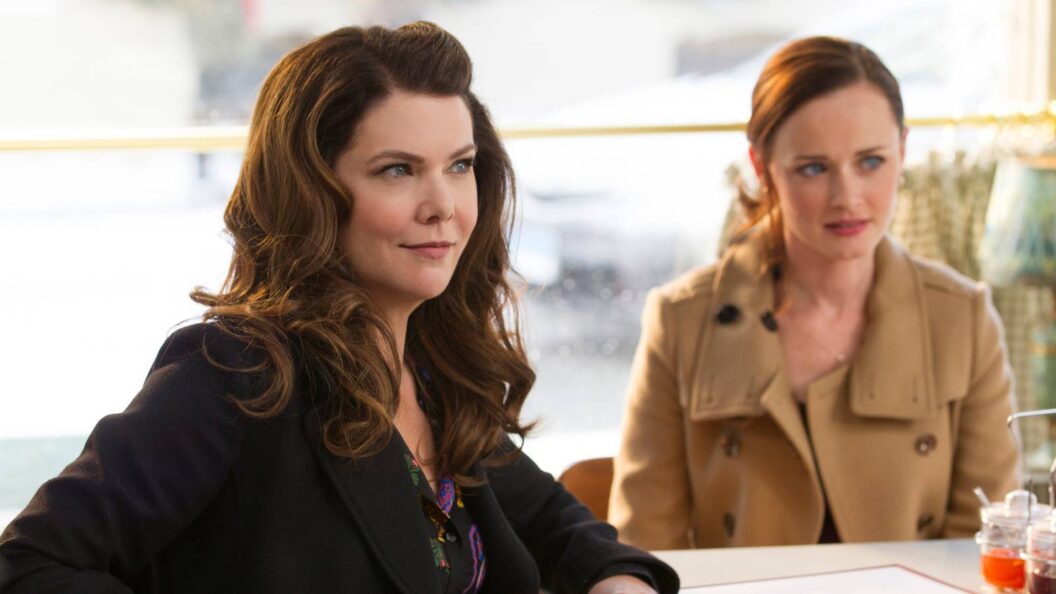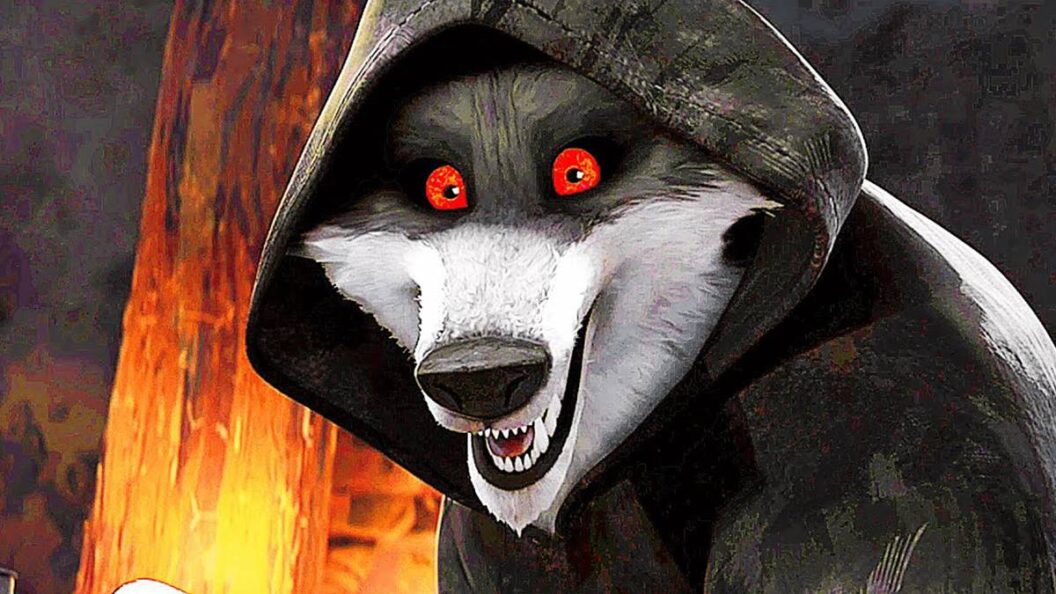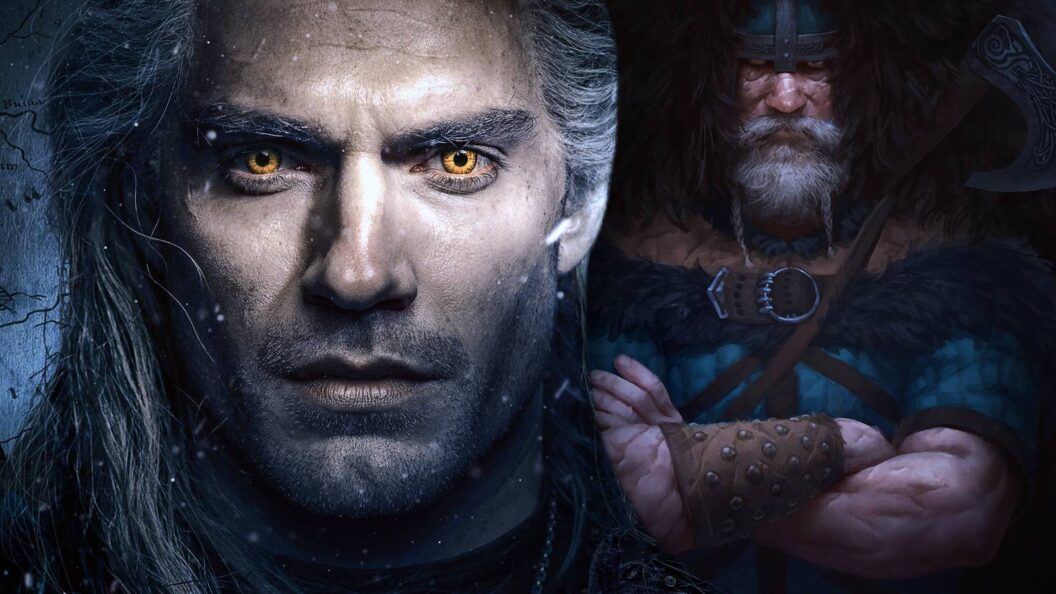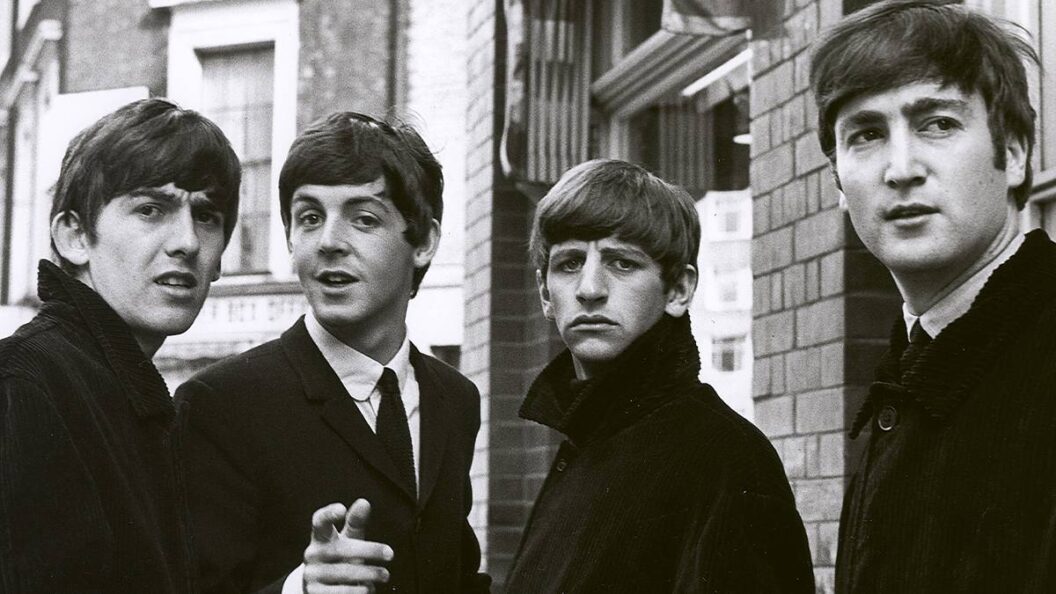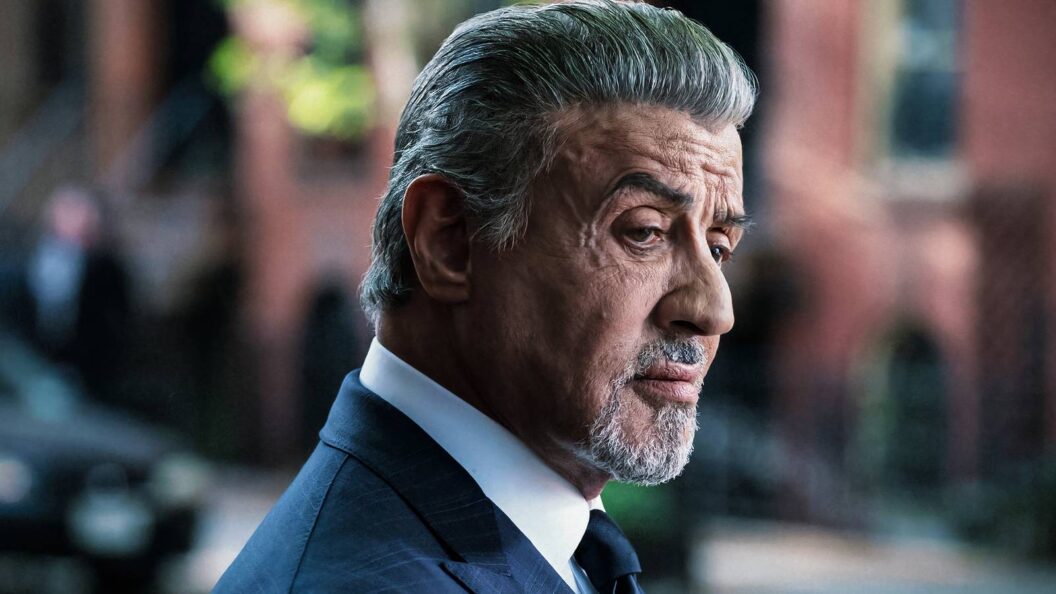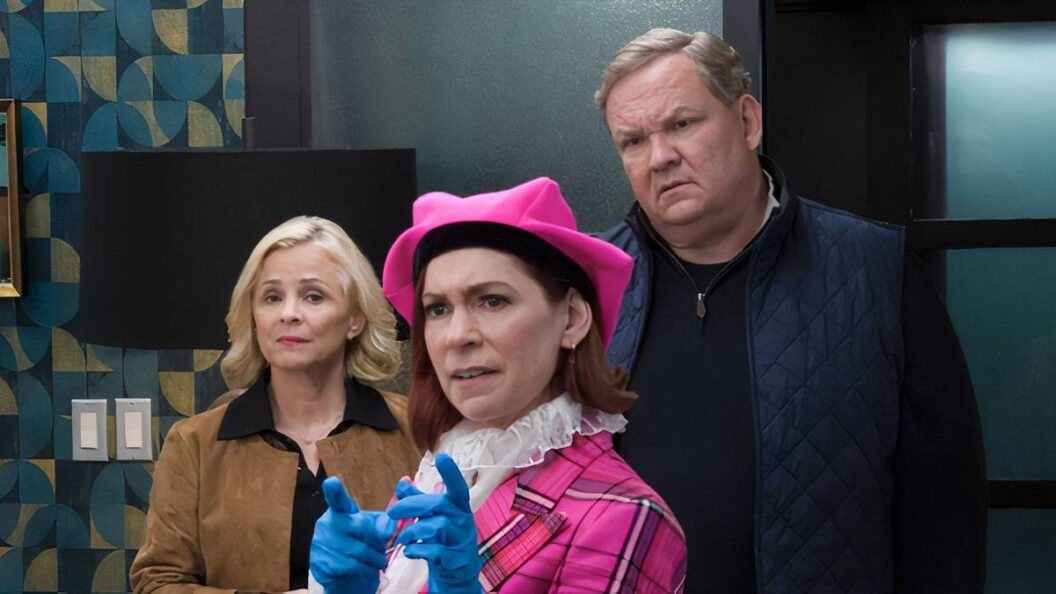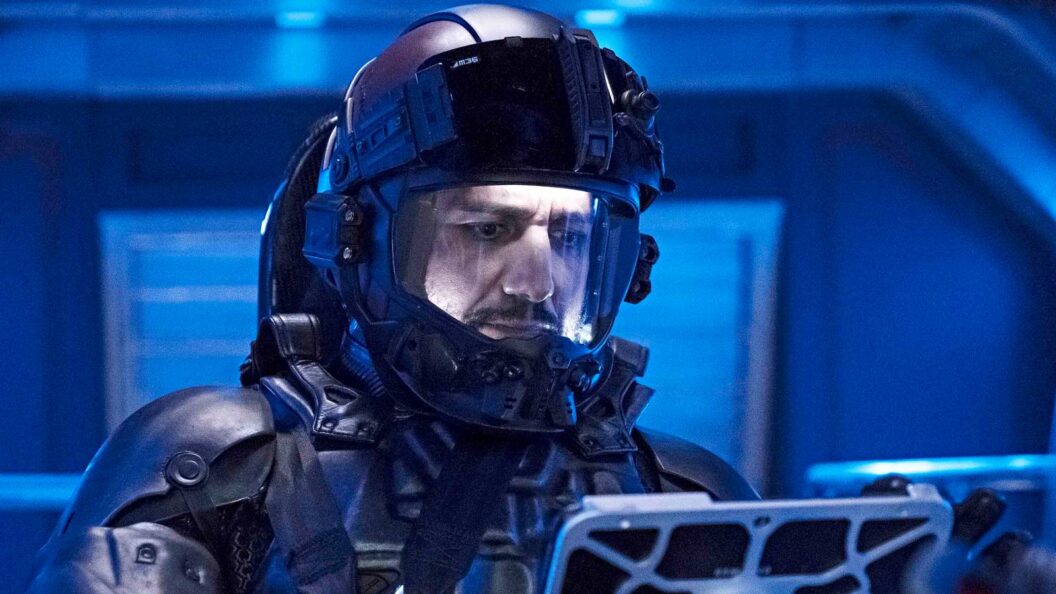AMC’s Interview with the Vampire Returns with Season 2: A Deep Dive into the World of Anne Rice
As October ushers in a chilling ambiance, viewers are invited back into the world of one of television’s most intriguing adaptations, Interview with the Vampire. The second season of this AMC series, now streaming on Netflix, picks up where the haunting first season left off, diving deeper into Anne Rice’s beloved Vampire Chronicles.
Overview of Season 2’s Plot
The narrative of Season 2 pivots around the later chapters of Rice’s original novel. Louis de Pointe du Lac (portrayed by Jacob Anderson) continues his reflective journey, narrating his experiences to reporter Daniel Molloy (Eric Bogosian). The duo has fled New Orleans after a tempestuous climax involving Lestat de Lioncourt (Sam Reid) and now ventures to Paris. Here, they encounter the Théâtre des Vampires, a local coven that prominently features in the storytelling of the season.
The season adopts a theatrical aesthetic, cleverly suggested through the orchestral sounds that open each episode and stylistic nods reminiscent of a stage production. Delainey Hayles joins the cast as Claudia, taking over the role from Bailey Bass. Notably, her introduction is marked with a title card akin to those in a playbill, reinforcing the theatrical ambiance of the storyline.
While some may argue that Season 2 lacks the erotic undertones of its predecessor, it compensates with rich romance, unexpected twists, and sophisticated thematic storytelling. This season expands on Louis’ tumultuous relationship with both Armand (Assad Zaman), an enigmatic figure who becomes a central love interest, and Lestat, who remains a looming presence throughout the narrative.
Highlighting an Intriguing Episode
Among the standout episodes in Season 2 is "Don’t Be Afraid, Just Start The Tape." This pivotal episode serves as a flashback to Daniel Molloy’s first interview with Louis in the early 1970s. Unlike previous adaptations, which shape this event differently, the AMC series opts for a nuanced exploration of the implications of these interviews.
In this segment, Louis struggles with his memories of Claudia’s death while navigating his complex feelings for Lestat. The concise nature of the episode allows for an intimate focus on the performances of the four main actors: Anderson, Bogosian, Zaman, and Luke Brandon Field (as young Daniel Molloy). Their collective chemistry elevates the episode, showcasing a blend of nostalgia and tension.
Looking Ahead: Season 3 and Beyond
With the conclusion of Season 2, fans are already anticipating Season 3, officially titled The Vampire Lestat. This forthcoming season, which will adapt events from Rice’s second and third novels, promises to delve into Lestat’s history as he embraces his rockstar persona. Viewers can expect the continuation of the dynamics established between Louis and Armand, alongside the emergence of new characters and pivotal moments influenced by Daniel’s evolving role.
Adding to this narrative richness, AMC is also set to introduce Talamasca: The Secret Order, a series woven into the same universe. Premiering on October 26, this show will further explore the supernatural landscape established in Interview with the Vampire, featuring Bogosian’s character as he interacts with the titular secret organization.
Conclusion: The Importance of Catching Up
As the Interview with the Vampire series continues to evolve, it represents a significant moment for fans of horror and romance fiction alike. The release of Season 2 has not only spiced up the viewing options for October but has also laid a solid groundwork for future installments.
Now is an opportune moment for viewers to immerse themselves in the narrative’s dark allure, catching up on both seasons available on Netflix ahead of Season 3’s highly anticipated arrival. As AMC’s Immortal Universe expands, audiences will discover that Interview with the Vampire may just herald a new golden age for vampire-centered storytelling, merging classic themes with modern twists, captivating both long-time fans and new viewers alike.



